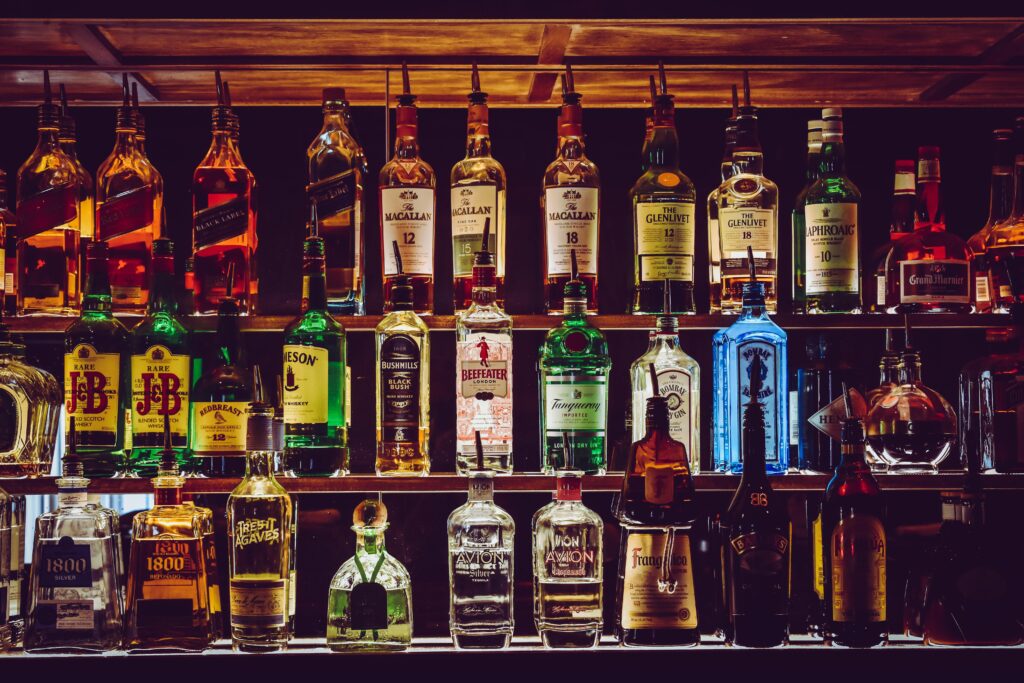Greece underage drinking laws: Greece is tightening its alcohol regulations in an effort to curb the growing problem of underage drinking. Recent incidents, especially during the New Year celebrations, have raised alarm about the dangers minors face when consuming alcohol. With hospitalizations of minors due to excessive drinking becoming more common, the government has decided to introduce stricter penalties for alcohol-related violations. However, enforcing these new laws is expected to be a major challenge, as similar efforts have faced difficulties in other European countries.
A Push for Stricter Regulations
On New Year’s Eve, several minors were hospitalized after consuming dangerous amounts of alcohol. This disturbing trend of minors drinking excessively is not only a risk to their health but is also increasingly seen in bars and retail settings that are meant to restrict alcohol sales to underage individuals.
While the legal drinking age in Greece remains at 18, the government is now focusing on stricter enforcement. Bars and supermarkets will be required to check the IDs of customers to verify their age before serving alcohol. The new measures go beyond age verification: minors will be completely banned from entering bars. Additionally, private parties where alcohol is served must now be reported to the police.
Perhaps the most severe change is the penalties for selling alcohol to minors. Anyone caught violating the new rules could face up to five years in prison. Repeated offenses could result in the closure of the offending business.
A Growing Problem Across Europe – Greece underage drinking laws
Greece’s crackdown comes amid growing concerns about underage drinking across Europe. Many countries on the continent have already implemented age restrictions and penalties for selling alcohol to minors. Yet, these laws often go unenforced, and the problem persists.
In Austria, for instance, minors under the age of 16 are prohibited from drinking alcohol. However, at age 17, young people can legally drink beer and wine. Spirits are only allowed from the age of 18. Selling alcohol to minors in Austria can result in hefty fines of up to €15,000 or six weeks in prison. Despite these harsh penalties, reports show that many businesses fail to check IDs, and police inspections reveal widespread non-compliance.
Similarly, in the Czech Republic, minors can legally consume alcohol, but selling it to those under 18 is illegal. Fines in the country range from €40 to €2,000, with the most severe violations resulting in up to one year in prison or the closure of a business. However, like in Austria, minors still have easy access to alcohol, especially in areas with lax enforcement.
Spain has also taken steps to crack down on underage drinking by imposing significant fines for businesses that sell alcohol to minors. Fines can reach up to €600,000. In some regions, public drinking parties are banned altogether. Parents who allow their children to consume alcohol can also face penalties. Despite these measures, alcohol consumption among minors remains a persistent problem.
Lithuania has some of the strictest regulations on alcohol consumption in Europe. Since 2018, the legal minimum drinking age has been raised to 20. In addition, vendors are required to check IDs for anyone under the age of 25. However, the country has faced challenges in enforcing these regulations, with violations continuing to rise year after year.
The Need for Strong Enforcement – Greece underage drinking laws
While Greece’s new laws are a step in the right direction, there are concerns that they may not be enough to address the issue of underage drinking. The experience of other European countries shows that age restrictions are often not enforced effectively. In many cases, businesses fail to check IDs regularly, and minors continue to find ways to obtain alcohol.
The Greek government will need to ensure that enforcement is consistent and rigorous to achieve the desired results. Without proper monitoring and regular inspections, the new laws may not lead to a significant reduction in underage drinking.
To help enforce the new measures, authorities may need to increase funding for inspections and monitoring. Local police and regulatory bodies will need to work closely with bars, retailers, and event organizers to ensure that alcohol laws are being followed. Public awareness campaigns may also be necessary to educate both businesses and young people about the dangers of underage drinking and the legal consequences of violating the laws.
Public Reactions and the Role of Parents
The new measures have received mixed reactions from the public. While many people agree that stricter alcohol laws are necessary to protect minors, others worry that the increased penalties may not address the root causes of underage drinking.
Some parents believe that the new laws could help reduce access to alcohol for young people. They argue that by limiting where and how minors can obtain alcohol, the government will be able to reduce the incidents of binge drinking and alcohol poisoning.
However, others feel that the government is placing too much responsibility on businesses and not enough on parents. Critics argue that parents should be more involved in educating their children about the dangers of alcohol and setting boundaries for them. Without parental guidance and involvement, laws alone may not be enough to prevent underage drinking.
The introduction of stricter alcohol laws in Greece is a significant step towards addressing the growing problem of underage drinking. However, as seen in other European countries, stronger laws alone are not always effective. The government must prioritize enforcement and work closely with businesses, law enforcement, and the public to ensure that the laws are followed.
In the coming months, Greece will likely face challenges in implementing these new regulations. But with consistent effort, there is hope that the country can reduce the rates of underage drinking and the dangerous consequences that often accompany it.
For more updates on Greece’s alcohol laws and their impact, visit Euro News 24.
